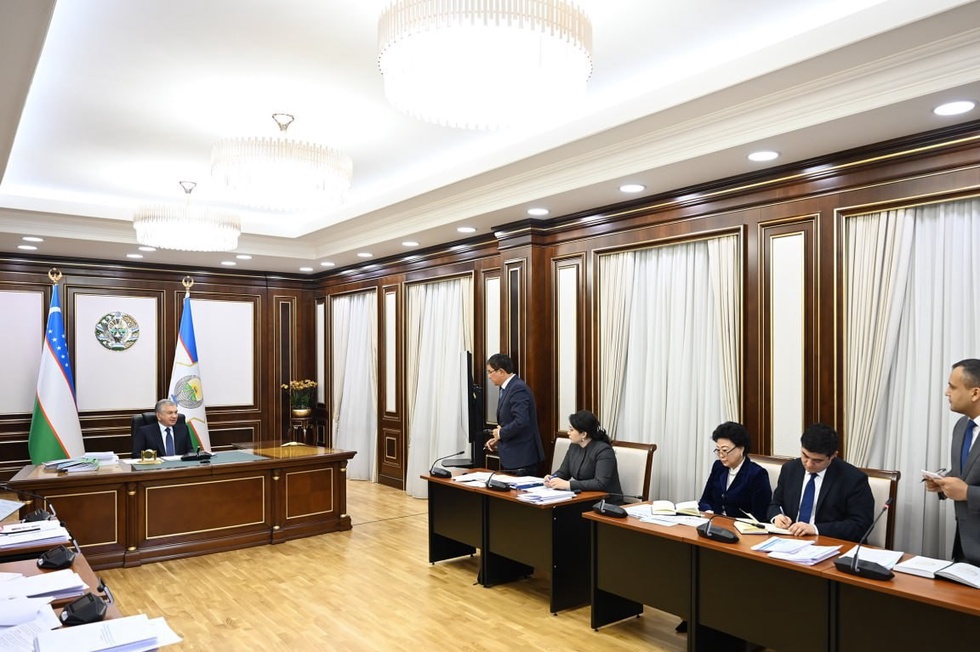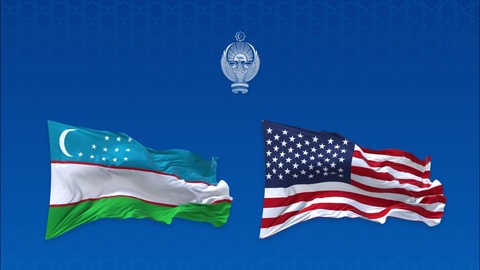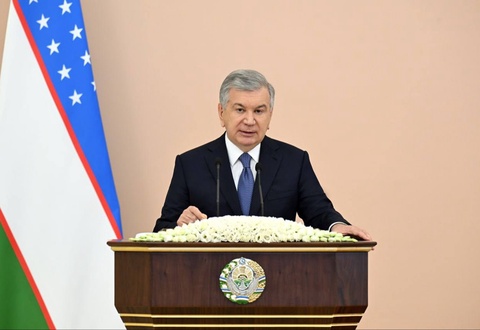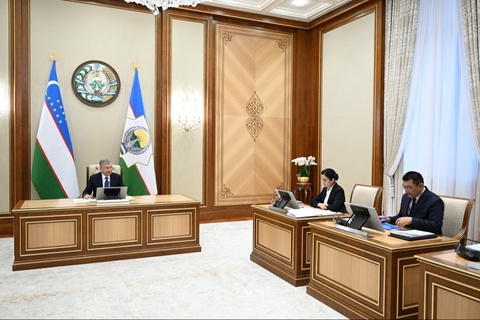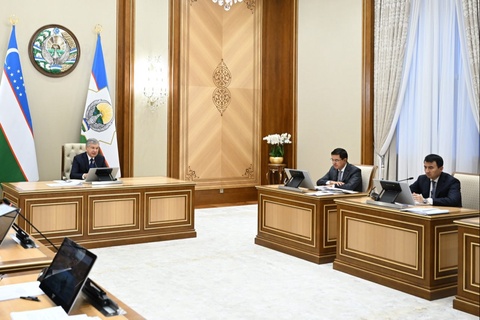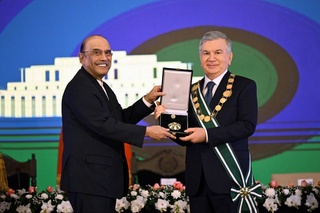There are 10,284 schools in Uzbekistan. In recent years, large-scale work has been carried out to improve their conditions and increase the number of student places. On average, 400 thousand students graduate from school annually, of which 170 thousand continue to receive education after school. In developed countries, more than 50 percent of school graduates enter vocational education institutions.
To date, vocational training in three areas has been established in high grades of 208 schools. The number of school graduates with foreign language certificates has increased from 6 thousand to 18 thousand over the past two years.
At the same time, it is necessary to continue this work consistently since improving the quality of education is a continuous process.
Related measures were discussed during the presentation.
Five hundred regional schools have implemented an assessment system in Presidential and specialized schools today. As a result, the share of practical classes such as situation analysis, problem-solving, and teamwork, based on advanced foreign experience, increased to 60 percent.
The need to adapt this assessment system to international testological criteria by the next academic year was noted. The schools themselves will also be accredited. This will introduce international assessment criteria into the national system and improve the quality of education and school management.
While considering the issue of increasing the level of knowledge and skills of teachers, outdated methods of work and the low scientific potential of advanced training centers were noted. In this regard, the task has been set to transform these centers in 14 regions and introduce professional development programs for teachers.
The need to improve school curricula in foreign languages and harmonize university curricula with them was emphasized. The practice of intensive teaching of foreign languages should be expanded.
As is known, thanks to the created opportunities, the number of private schools in the country is increasing. This helps reduce the burden on public schools and promote healthy competition. In this regard, proposals have been made to simplify licensing requirements for private schools further and provide them with additional benefits on loans, taxes, and utility bills.
Responsible persons have been instructed to launch a platform for monitoring the activities of private education organizations and the quality of education.
As noted at the meeting, it is necessary to organize a project office to implement reforms in all levels of education based on a single concept. Based on best practices, it will develop educational standards and programs in preschool, school, vocational, and higher education.
The Head of state noted the importance of the active participation of chairpersons and mahalla activists in the life of schools.
“The situation in the mahalla and the employment of the population largely depend on the education and upbringing of young people. Therefore, it is important that the chairman of the mahalla and parents participate more actively in the life of the school and be more attentive to issues of education and acquisition of a profession by young people”, Shavkat Mirziyoyev said.
Indeed, school is a matter not only of education authorities, but also of parents, mahalla activists, and society. Because school is the foundation of the country’s future. The same truth underlies the proverb “Seven mahallas take care of one child”. Then parents will pay more attention to their children’s education. This is very important in today’s globalized world.


